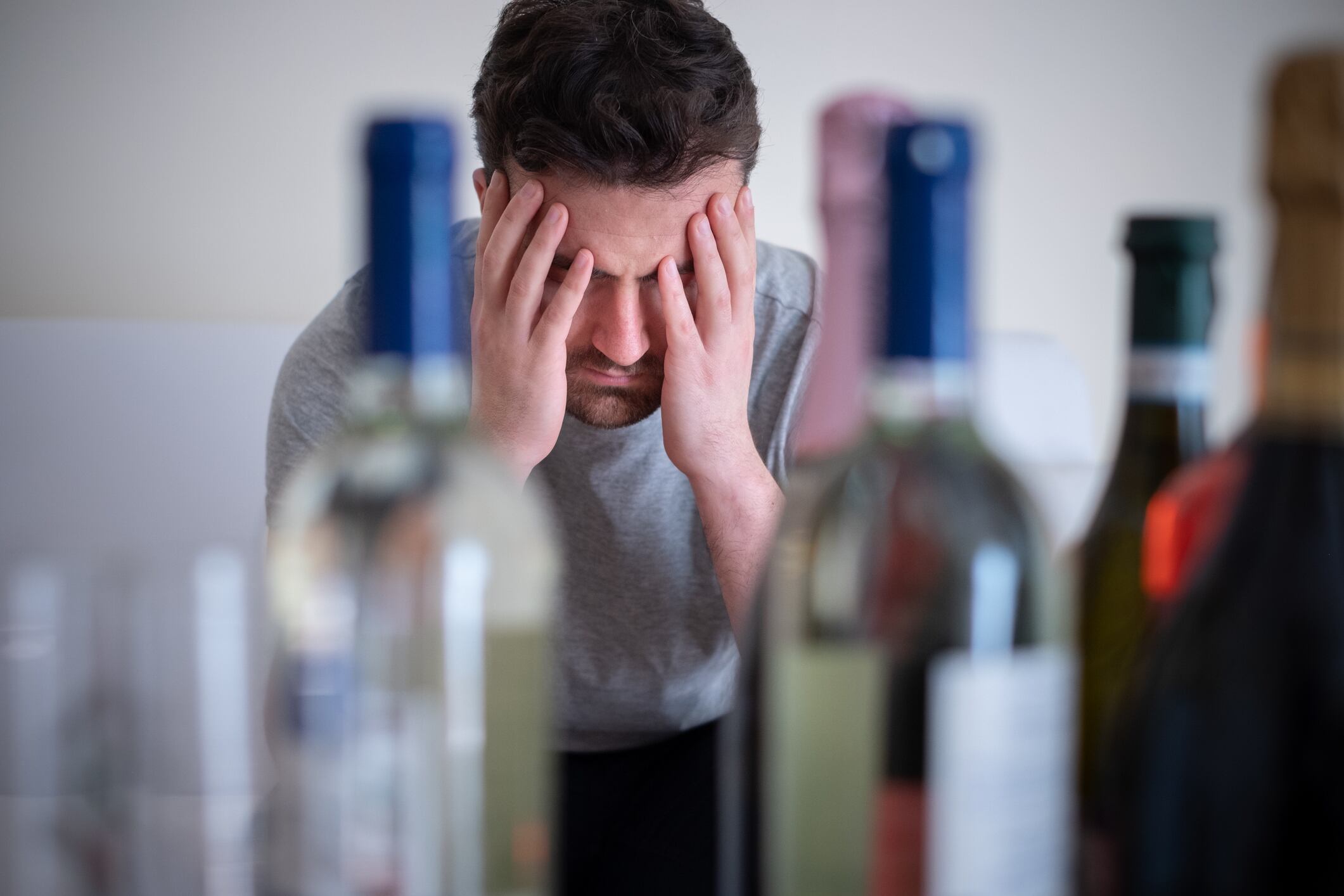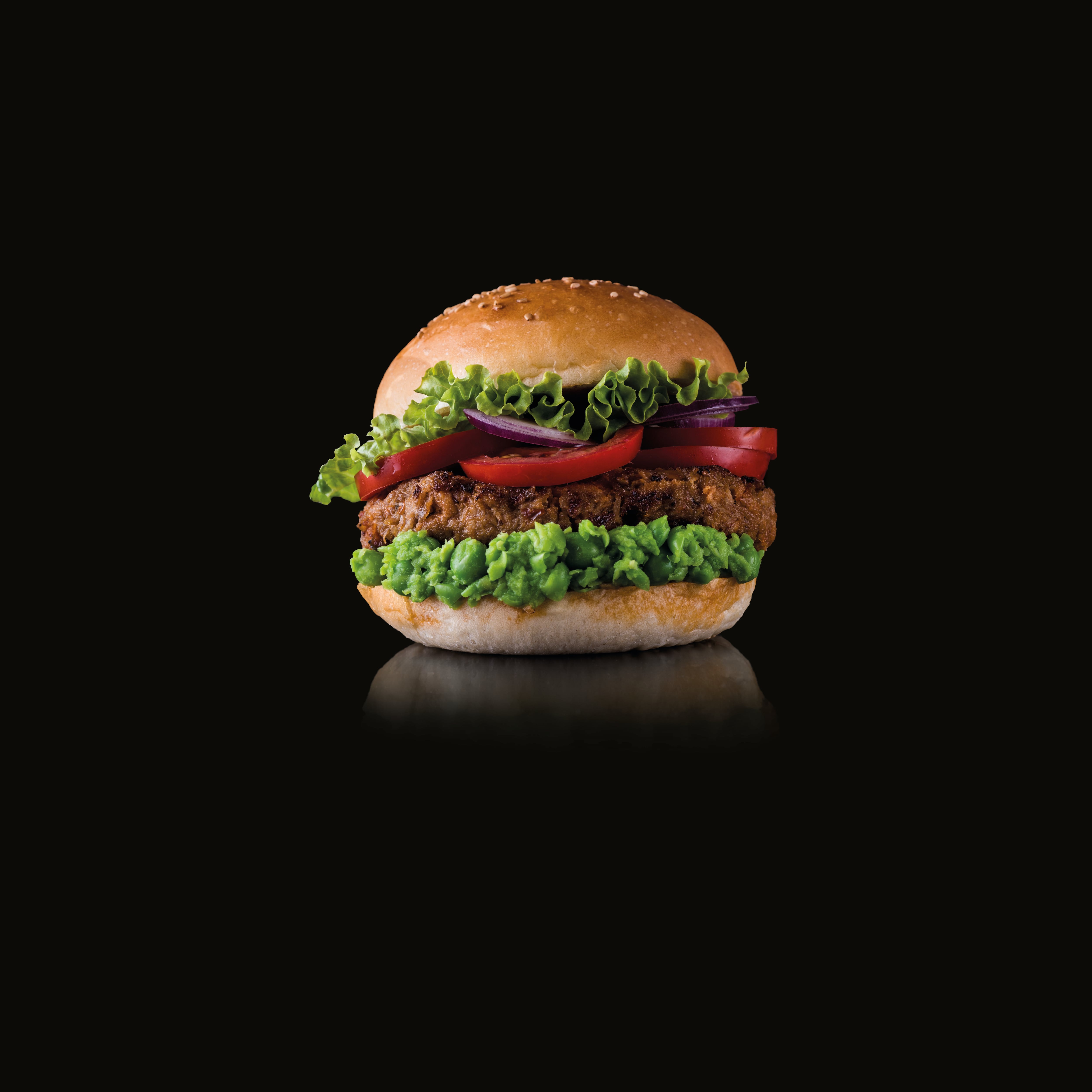Conventional wisdom suggests that it's the dehydrating effects of alcohol and the associated loss of electrolytes--electrically charged minerals in the body that help balance water content and acid levels--which are largely responsible for some of the most common hangover symptoms. This is may be wrong, according to the study.
Various natural remedies have been recommended to ease hangover symptoms, but there is as yet no strong scientific evidence for their use.
In a bid to address that, researchers from the the University of Mainz in Germany set out to assess whether the symptoms of veisalgia (the scientific word for a hangover) can be reduced by intense water supply and the intake of antioxidative supplements and plant extracts.
The plant extracts included Barbados cherry (Acerola), prickly pear, ginkgo biloba, willow and ginger root. The vitamins and minerals included magnesium, potassium, sodium bicarbonate, zinc, riboflavin, thiamin and folic acid.
Some 214 healthy 18-65 year olds were randomly split into three groups and given a 7.5 g flavoured, water soluble supplement 45 minutes before, and immediately after they stopped drinking any of beer, white wine, or white wine spritzer.
The first group (69) were given a supplement containing the plant extracts, vitamins and minerals, and additional antioxidant compounds--steviol glycosides and inulin. The second group (76) were given a supplement minus the plant extracts, while the third group (69) were given glucose alone (placebo).
The number and type of drinks consumed was recorded as was how many times they emptied their bladder between 1700 and 2100 hours.
Blood and urine samples and blood pressure measurements were taken before and after the start of this four-hour period, after which the participants were sent home to sober up.
Twelve hours later the same samples and blood pressure measurements were taken, and participants filled in a questionnaire about the type and intensity of perceived hangover symptoms, which were ranked on a zero to 10 scale.
The average amount of alcohol consumed was virtually the same in all three groups: 0.62 ml/minute.
Analysis of all the data showed that symptom intensity varied widely among the participants.
But compared with the glucose only supplement, those taking the full supplement of plant extracts, minerals/vitamins, and antioxidants reported less severe symptoms.
Average headache intensity was 34% less, nausea 42% less, while feelings of indifference fell by an average of 27% and restlessness by 41%. No significant differences or reductions were reported for any of the other symptoms.
Polyphenol and flavonoid compounds in each of the five plant extracts have been associated with curbing the physiological impact of alcohol in previously published experimental studies, explain the researchers. But it's not clear how.
"The underlying mechanisms remain to be unravelled and surely need further investigation," they suggested.
No significant difference in any symptom was reported by those taking the supplement minus the plant extracts, suggesting that plant extracts were largely responsible for the observed changes, said the researchers.
And the absence of any observed impact for vitamins and minerals on their own suggests that alcohol might not affect electrolyte and mineral balance, as is commonly thought, they added.
Their analysis also showed levels of water content in the body weren't significantly associated with the amount of alcohol drunk. "Our results suggest that alcohol-induced increased fluid excretion does not necessarily lead to a significant dehydration process," they wrote.
"It seems to be clear that hangover symptoms are predominantly caused by alcohol and its metabolites," they concluded.
Source
Randomised double-blind placebo-controlled intervention study on the nutritional efficacy of a food for special medical purposes (FSMP) and a dietary supplement in reducing the symptoms of veisalgia
BMJ
Authors: Bernhard Lieb and Patrick Schmitt





